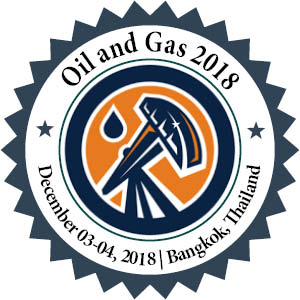
Dr. Shikha Sharma
Professor of Geology and Director of Biogeochemistry Laboratory at West Virginia University, USA
Title: Role of Field Shale Laboratories in Unconventional Resource Development
Biography
Biography: Dr. Shikha Sharma
Abstract
Shale gas is a critical and rapidly-growing area of energy where research lags behind exploration and production activity. The extensive drilling of black shales over the last decade has provided access to a large number of well cores, produced fluid and gas samples, and geophysical data from shale basins across the United States (US). These data and samples provide an opportunity to not only better characterize the physical-biogeochemical attributes of the reservoirs but also understand the chemical interaction of hydraulic fracturing fluids with formation rocks and minerals, and the temporal and geochemical evolution of produced water. However, shale reservoirs are geologically complex, and every play is unique in several ways. Therefore, to help improve the efficiency of hydrocarbon extraction and shed light environmental impacts, there is a need to conduct integrated studies in different shale basins. Development of Field Shale Laboratories with the help of funding by federal agencies is a right step in this direction. The test well sites have enabled the researchers from different academic and research institutes to develop collaborative projects with oil and gas companies. The primary objectives of multidisciplinary research conducted at these Field Shale labs are to 1) develop new technologies to extract shale gas more efficiently with minimal environmental impact, 2) better understand the geophysical, geochemical, mineralogical, microbiological, and mechanical properties of shale, produced hydrocarbons, fluids, and gas, 3) understand changes in air/water quality before and after drilling, and 4) help improve public understanding of shale gas drilling activities. Sharma will discuss results from research conducted at two such shale gas test well sites in Marcellus Shale basin of northeast US.

